Global Air Cargo Market: Growth, Trends and The Industry Leaders
In 2023, the global air cargo market reached a staggering value of over $250 billion, establishing itself as one of the most valuable sectors in the transport industry. While still trailing behind the commercial air transportation market, the air cargo sector is set for robust growth.
According to an analysis by Grand View Research, the industry is projected to grow at a Compound Annual Growth Rate (CAGR) of around 10% over the next five years. With this promising outlook, freight airlines are expected to further develop their networks and expand their fleets to meet rising demand.
A Period of Industrial Transformation
Before the COVID-19 pandemic, air cargo operators faced uncertainty due to the increasing reliability of ocean-going freight. Massive container ships, still more cost-effective for transporting large quantities of goods, were becoming the preferred choice for many businesses.
However, the pandemic completely reshaped the global shipping landscape. As people were forced to stay indoors, e-commerce boomed, and the demand for fast deliveries surged. Air cargo became a critical link in supply chains, meeting the growing need for quick transport of essential goods.
During the global travel slowdown, especially in 2021 and 2022, air cargo demand skyrocketed to unprecedented levels. Data from Statista shows that the market size of the air cargo industry leaped from $166.3 billion in 2020 to nearly $240 billion in 2021, maintaining a similar figure in 2022 at $218.6 billion.
A Market Dominated by a Few Major Players
Despite these changes, the air cargo industry remains controlled by a small number of dominant players. The high costs and substantial capital investment required to operate cargo airlines act as significant barriers to entry, making it difficult for new competitors to emerge. As a result, a select few airlines dominate the market.
Let’s take a closer look at the different types of airlines that control the air cargo industry.
Types of Air Cargo Operators
Three primary types of air cargo carriers dominate the market, each catering to different customer needs:
Scheduled Cargo Airlines
These airlines specialize in cargo-only flights on fixed schedules. Examples include FedEx Express and UPS Airlines, both U.S.-based carriers with vast fleets and global networks that deliver packages across the world.
Cargo Divisions of Scheduled Commercial Airlines
Some commercial airlines maintain cargo divisions, operating a fleet of dedicated cargo planes alongside their passenger services. Qatar Airways Cargo and Emirates SkyCargo are prime examples, both of which have carved out a niche by offering dedicated cargo transport services.
Charter Airlines
Charter cargo operators provide on-demand services for businesses that require flexible scheduling and specific delivery routes. Atlas Air is a notable example, offering ad-hoc cargo flights to meet the unique needs of its clients.
The Future of Air Cargo
The global air cargo market has undergone significant transformation in recent years, fueled by shifts in consumer behavior and the rise of e-commerce. While a few key players dominate the industry, growth opportunities remain abundant.
As demand for fast delivery continues to rise, the future of air cargo looks promising, with innovations in fleet expansion and logistics likely to shape the industry’s development over the coming years.
Whether through scheduled, subdivision, or charter services, air cargo carriers are in a strong position to meet the evolving needs of the global economy. With the market expected to grow rapidly, it will be fascinating to watch how these airlines continue to adapt and lead the way in global transportation.

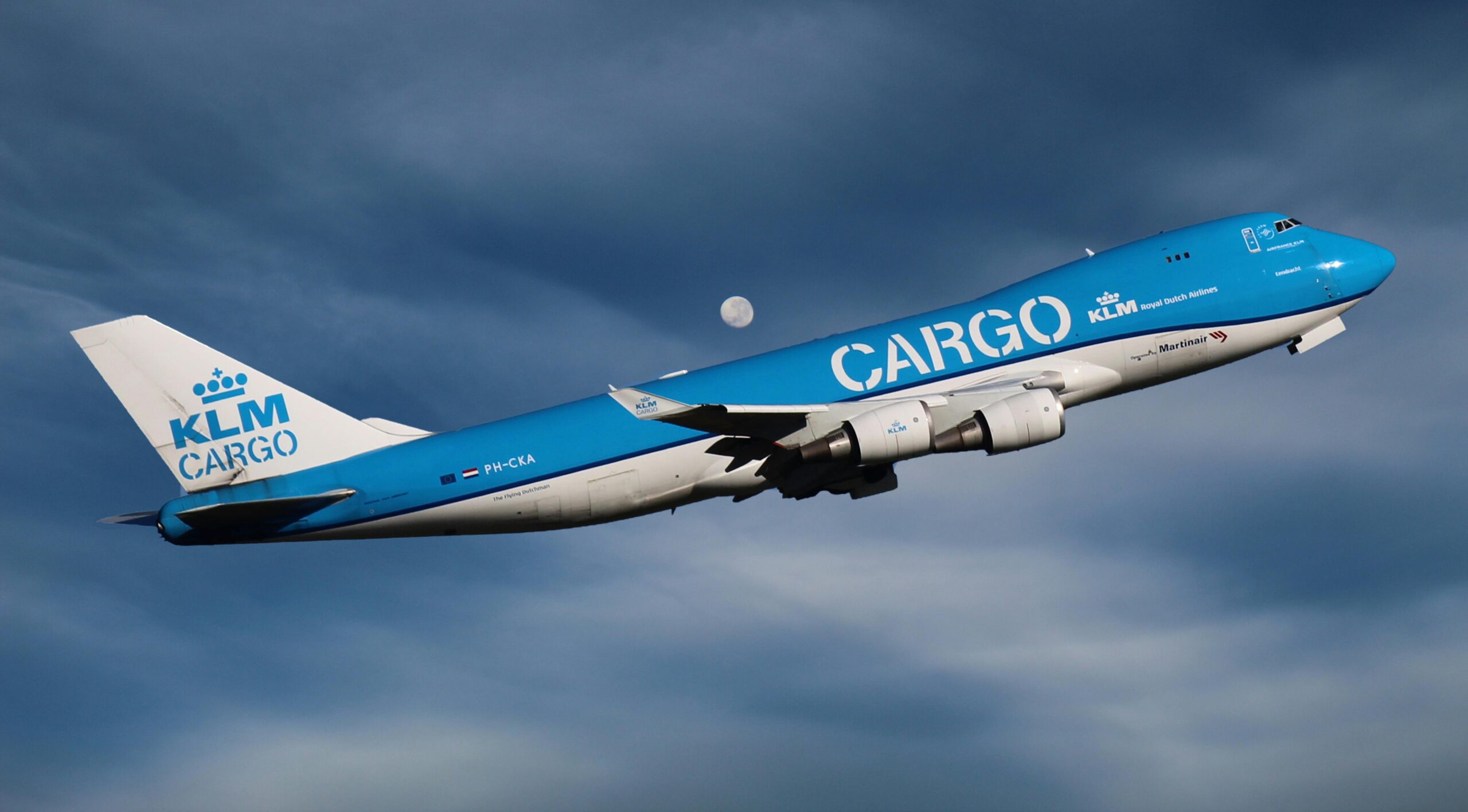
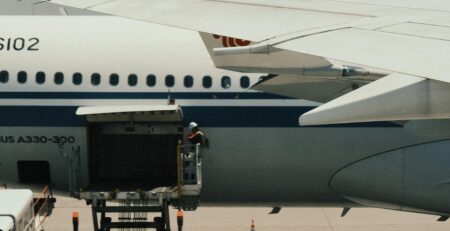
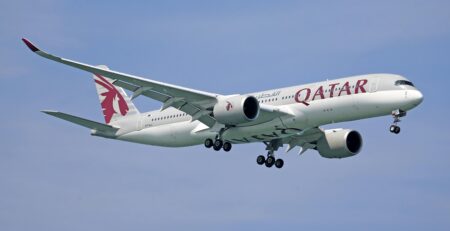
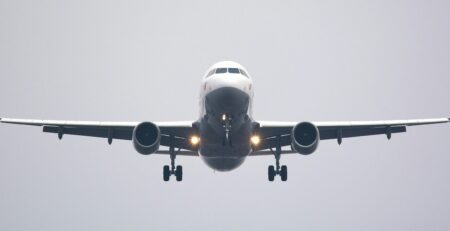



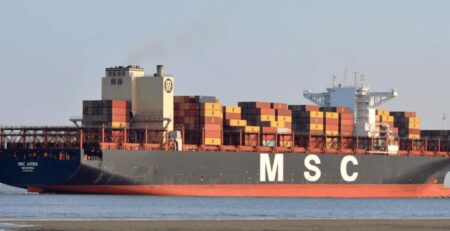
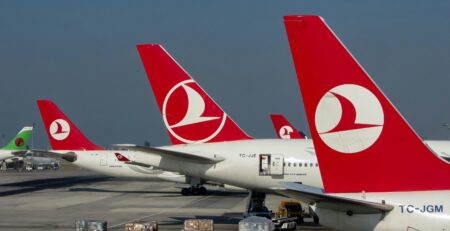
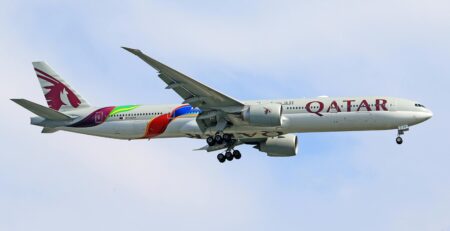
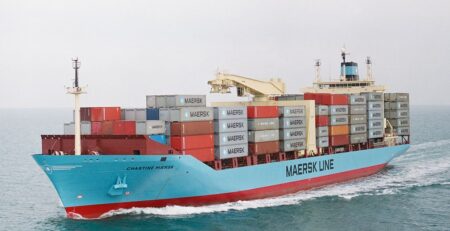
Leave a Reply